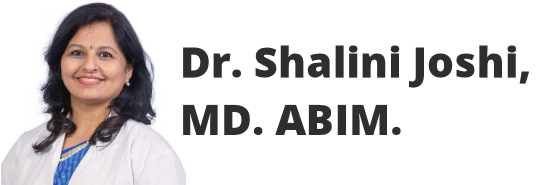Bangalore Mirror 08 Jan 2015
As we get older, the immunity accorded by vaccines wears off. Plus, we’ve drawn up a ready reckoner for your reference
Tetanus, diphtheria, small pox... most of us vaguely know these as vaccinations that we receive as newborns. Probably the only other time that you go to the doctor for a preventive jab is when you’ve scratched yourself on a rusted nail or had a shrapnel embedded in your finger, and are recommended a tetanus shot. But doctors say that’s a mistake. Adult vaccinations are just as important for those you receive as a child. In fact, they are even essential for adults over the age of 60 and immuno-compromised adults — diabetics, asthmatics, those with kidney and liver failure, heart patients and HIV-affected people.
Dr Shalini Joshi, Internal Medicine Consultant, Fortis Hospital, Bannerghatta Road, says most Indians tend to think vaccinations are only for kids, but the fact is that as we get older, the immunity accorded by vaccines wears off, especially after the age of 60. “There isn’t much awareness in India,” agrees Dr Kalpana Janardhan, Senior Consultant, Internal Medicine, Apollo Hospital, Bengaluru. “With increasing globalisation and travel, the risk of contracting infections local to a part of the world is also more. Vaccination is a must.
Many adults also ignore vaccination recommendations because the cost (approximately Rs 1,500 and above for typhoid; Rs 2,000 and more for Human Papillomavirus or HPV) is prohibitive and they think they’d rather deal with the disease when it happens. But vaccines can reduce the severity of the disease.”
Dr Mabel Vasnaik, Head of Critical Medicine and Emergency, Manipal Hospital, Bengaluru, adds that our present adult population may not have been vaccinated for what our children are. “Right now, we cover a lot of vaccines in childhood, but weren’t before — like chicken pox and influenza. So it is imperative for adults to get themselves covered, especially the elderly and those with conditions that compromise their immunity,” she says.


